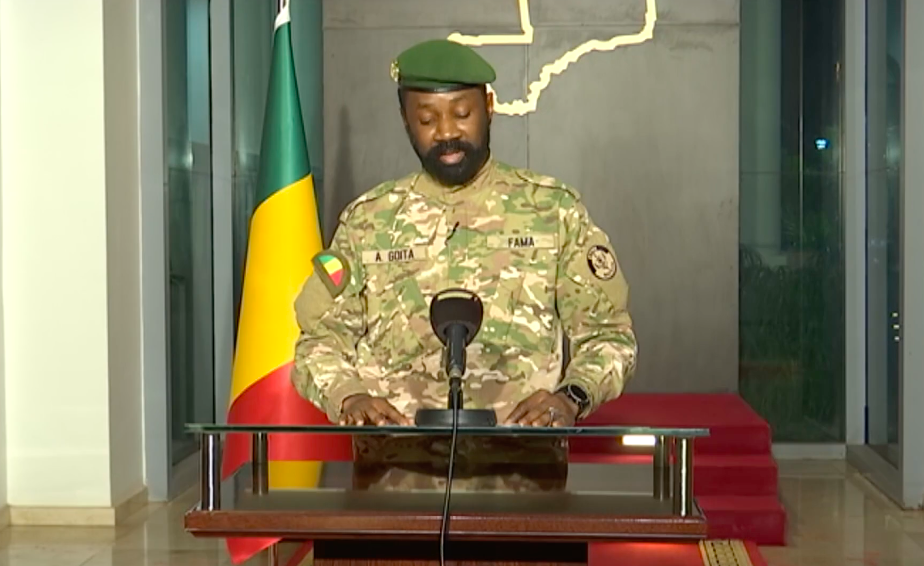
The West African bloc ECOWAS on Friday accused Mali’s ruling junta of seeking to stay in power for years and warned sanctions would remain in place, as military leaders had showed no “political will” to hold elections. After two coups since 2020, Mali’s military rulers reneged on a promise to hold elections by the end of next month, saying needed political reforms meant it could take up to five years to hold a vote.
Leaders from the Economic Community of West African States or ECOWAS imposed economic and diplomatic sanctions on Mali in response, with the backing of the US, EU and former colonial power France.
“This posture of the Military Transition Authorities clearly suggests a desire to remain in power for a period of more than 5 years,” ECOWAS said in a letter on Friday.
It said the junta’s call for political reforms and Mali’s delicate security situation could not be a pretext for delaying elections. The letter was released on the same day ECOWAS was due to hold a virtual meeting on the situation in Burkina Faso, where army officers this week ousted President Roch Marc Christian Kabore.
Three of ECOWAS’ 15 members have now experienced military coups in less than 18 months, Mali, Guinea and Burkina Faso. ECOWAS called on Mali’s military authorities to provide “a reasonable and realistic timetable” for holding elections.
“The sanctions will be lifted gradually on the basis of this timetable and its diligent and satisfactory implementation,” the letter said.
“This lifting of sanctions depends on the political will of the military transition authorities to organise the elections within a reasonable time.”
As well as closing borders and slapping Mali with a trade embargo, ECOWAS also stopped financial aid to Mali and froze the country’s assets at the Central Bank of West African States. The sanctions threaten to hurt an already fragile economy in landlocked Mali, one of the world’s poorest countries.
A jihadist insurgency has raged in Mali since 2012, with large parts of the vast country’s territory lying outside of government control.
Under threat of sanctions following a first coup in 2020, Mali’s military leader, Colonel Assimi Goita, promised to hold elections and to restore civilian rule by February 2022. But he staged a de-facto second coup in May 2021, forcing out an interim civilian government and disrupting the timetable for the restoration of democracy.
Goita also declared himself interim president. His government has argued that rampant insecurity in Mali prevents it from organising safe elections by the end of February.
Also Friday, Foreign Minister Jean-Yves Le Drian warned of changes to the French-led anti-jihadist mission in Mali.
“Given this situation, the breaking of the political framework and the military framework (in Mali), we cannot stay with things the way they are,” Le Drian told RTL radio.
Last year France announced a reduction of its forces in Mali while building up a joint European special forces group dubbed Takuba. But relations have been worsening with the military government that took power in 2020.
Russia’s Wagner mercenary group has deployed to Mali, the US and others say, while the junta has demanded Denmark withdraw its elite soldiers.





